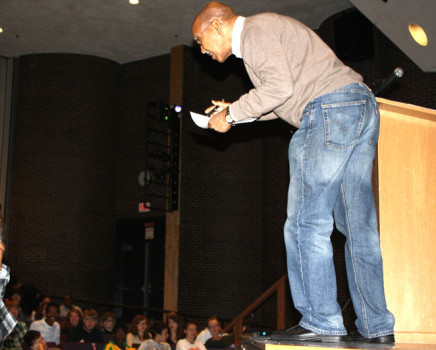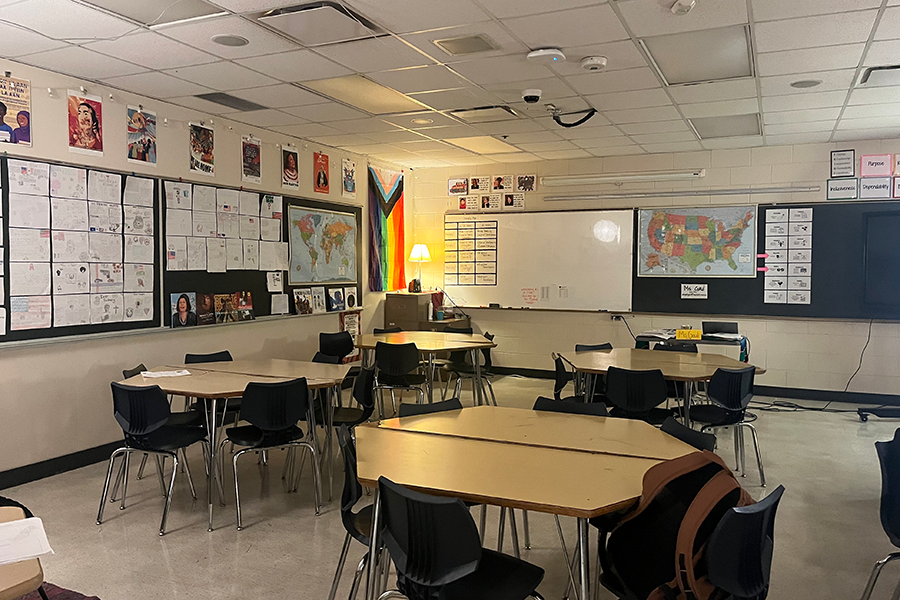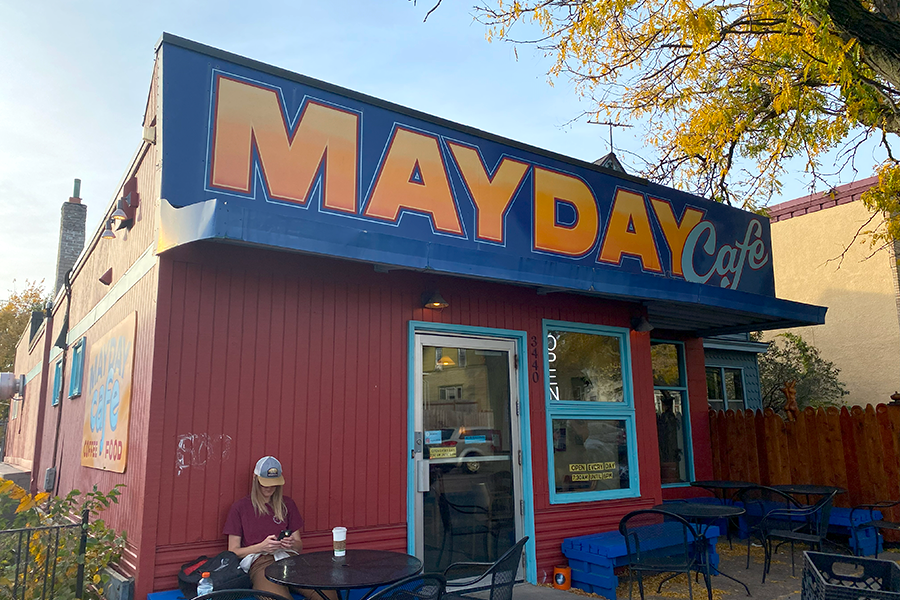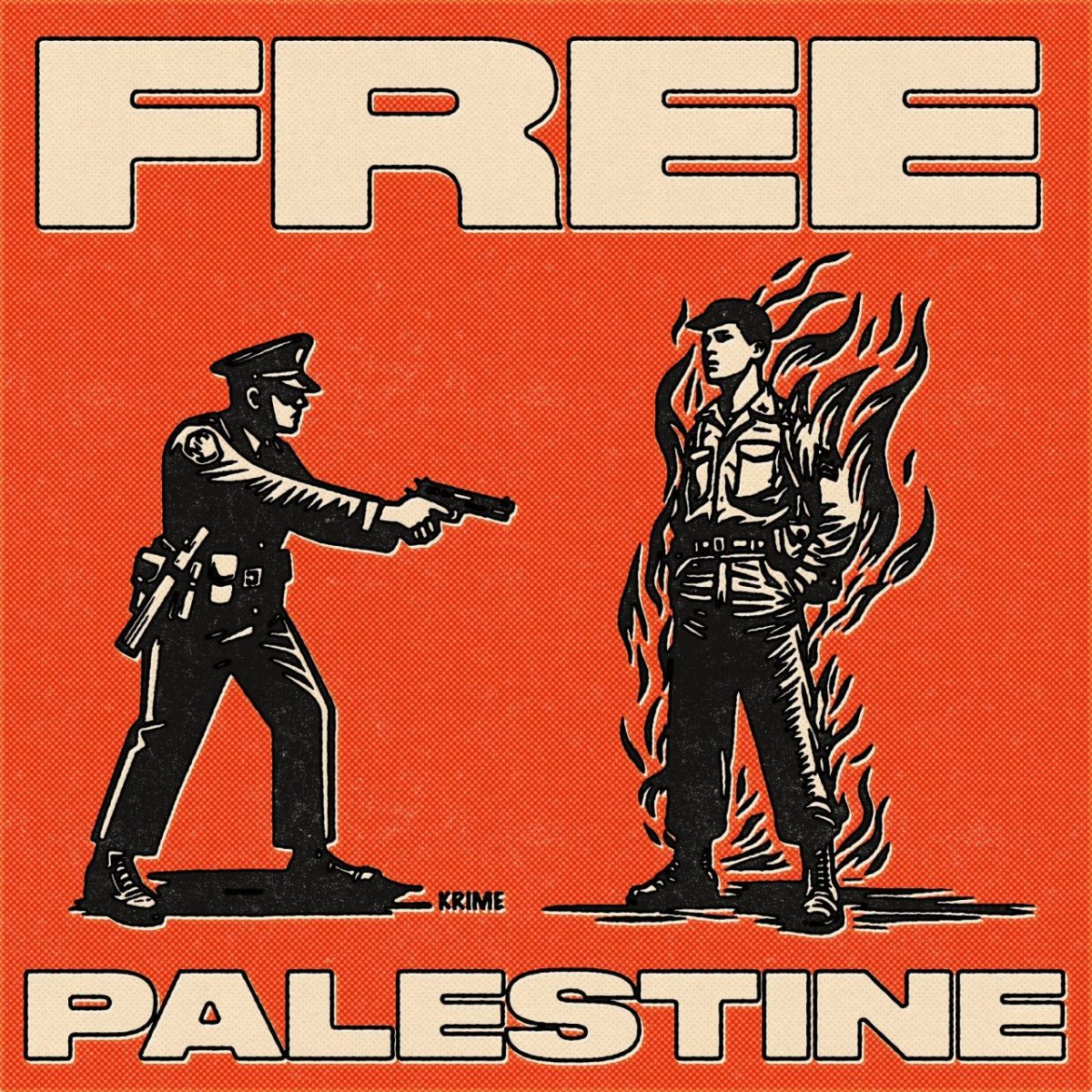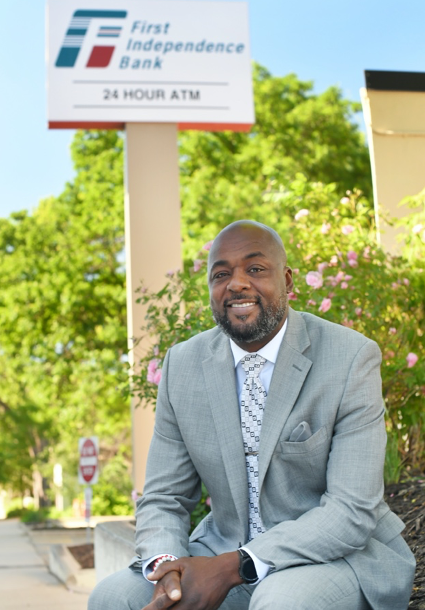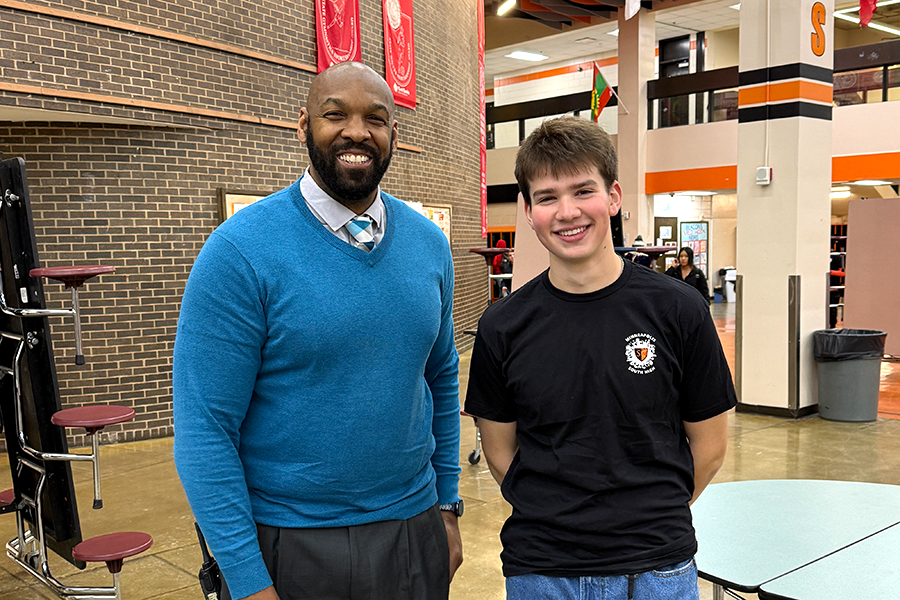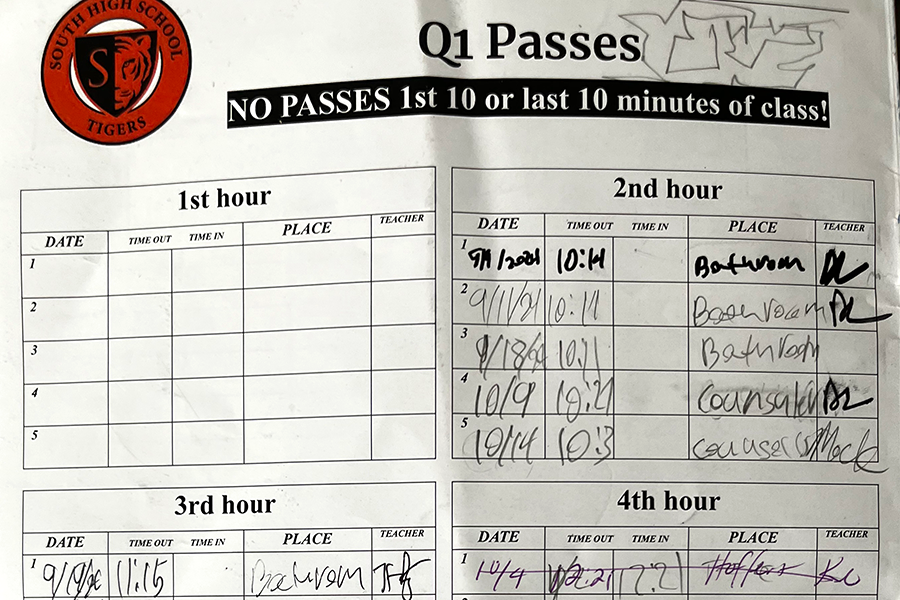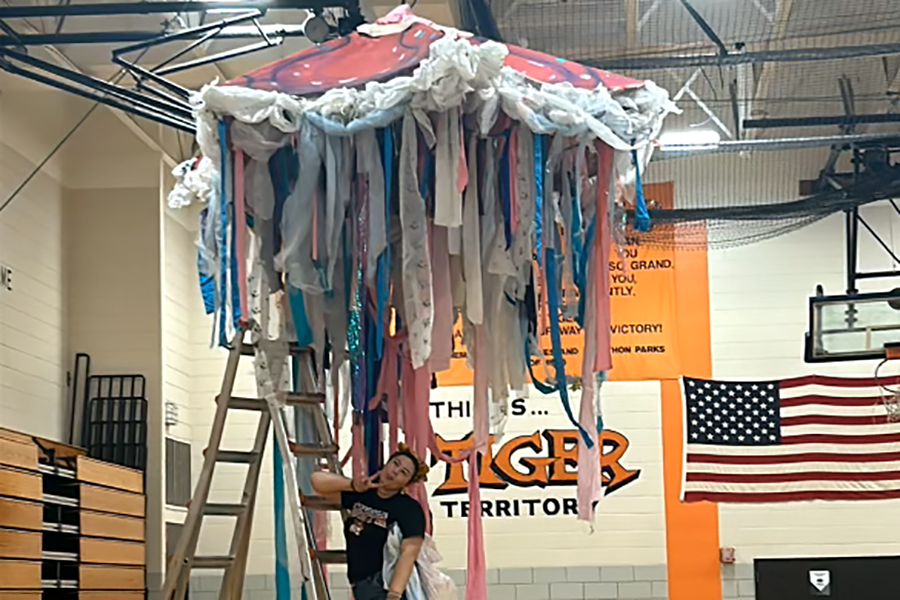Last week, South was visited by Nuruddin Farah, a prominent Somali novelist and world famous author of Sweet and Sour Milk, which David Rathbun teaches in his College in the Schools (CIS) Literature class.
Among other accomplishments he is a strong political voice and advocate for women’s rights in Somalia. Local St. Paul publisher, Graywolf Press, first published Sweet and Sour Milk in 2006.
One CIS Lit student, senior Mesgana Tesfahan, talked about how she relates to Farah. “He’s from Somalia where there’s a messed up government. My parents came from kind of the same background in Eritrea,” she reflected, “my parents grew up during the war and there was a lot of conflict.”
Additionally, Farah has published ten novels, one nonfiction book, three plays and one radio play all written in English and translated into many different languages world-wide.
This year Farah was appointed College of Liberal Arts Winton chair at the U of M Twin Cities Campus. He will be teaching a world literature class there this fall semester and for the next two years. Aside from South CIS Literature and ELL students, Somali students from Southwest High School and Roosevelt High School also attended.
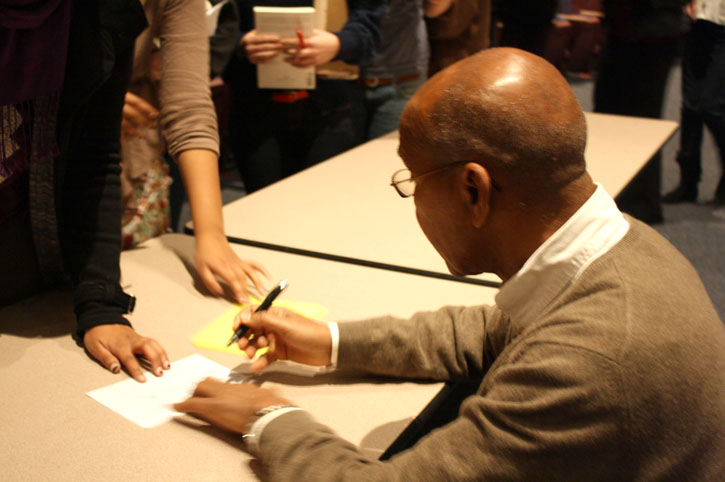
“[Farah] is a very interesting, intriguing world literature author. For CIS Lit I want to teach a variety of world lit. and challenging writers,” said Rathbun, “Farah is one of the premiere African writers. I teach a lot of Somali students, so it’s important to teach about Somali history.”
During the auditorium, Farah read his essay “Childhood of My Schizophrenia”, about his childhood growing up in Somalia.
“I was six years old when I saw a crocodile swimming back into the Sheabelle River with a victim in its jaws, a woman crying for help. I did nothing. I was alone and couldn’t be of any help.”
He wrote about war, his parents, Allah, and how he turned to books for solace in hard times. “One of my elder brothers was fond of remarking that books were friendlier, wiser and more humane. After all they didn’t hit you when they could not answer your questions,” Farah wrote, comparing the kindness he found in books to his critical and harsh parents.
Afterward, Farah answered questions from the audience. Someone asked why he wanted to be a writer. Farah answered, “When I was young and read The Thousand and One Night I wrote my name ‘Nuruddin’ and stuck it on exercise books. ‘Look my name is in print! I am a writer!’”
Farah said he “wanted to write books so he or she will find memories in the books that I write. [There were] plenty of injustices in Somalia; they were very unkind to women, children … [I wanted to] write about the injustices of women and children, and to remind people that in societies with no sense of respect or equality only end in disaster.”
Tesfahan said it was “interesting to ask questions and be there. It was interesting to see how he grew up and how he got out of the country and did something [with his life].”
Farah said the inspiration for his book came from a Greek play called Antigone and a Polish film, called “Man of Iron”. He began to explain the plot, talking of government turmoil, heist, scheme and a murder, things he was very familiar with, growing up in similar conditions in Somalia. “…a guy is killed. The government, in order to make sure the family cannot get his body … claims he is a hero,” explains Farah.
“It is important for the students to hear the author speak about the book they read, to be able to ask questions, get feedback and physically see the author that wrote the book,” said Rathbun, “it is important for Somali and Ethiopian students to see someone to look up to in the Somali community. He is very famous in the Somali community.”
In the last few minutes with Farah, he had a message for all Somali students: “Life is here, do well here; in school, in the communities. Nothing is waiting for you there [Somalia]; Make your life here, when Somalis do well here it’s good for the Somalis in Somalia. [There are] no schools there, no piece of chalk to write with. Use your opportunities; take your chances here, do well in school and be a good citizen.”

